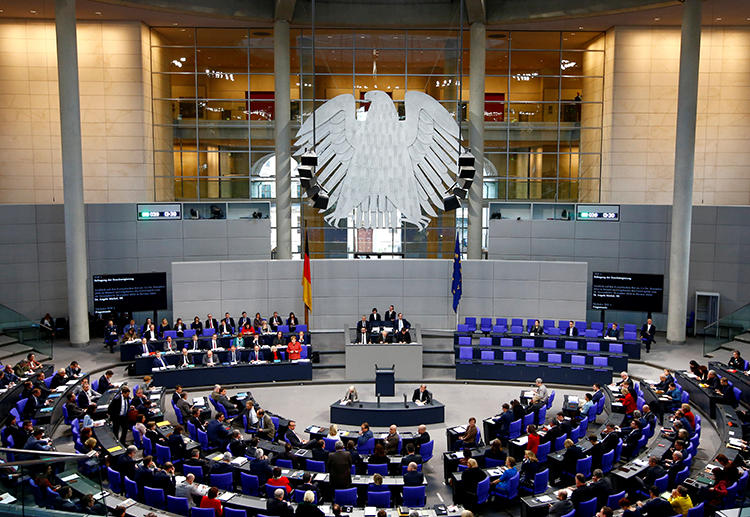Berlin, June 7, 2019 — The Committee to Protect Journalists today called on the German Ministry of the Interior to drop draft legislation that would make it easier for intelligence services to surveil journalists and their sources.
The ministry’s draft legislation would remove protections prohibiting the country’s domestic and foreign intelligence services from hacking journalists’ computers and smartphones during terrorism investigations, according to media reports.
Under current German law, journalists, along with priests, lawyers, doctors, and members of parliament, are granted special protected status to limit their surveillance by intelligence agencies, according to those reports. The new legislation would remove some of the protections for journalists but maintain them for the other groups, those reports said.
The law would also loosen the restrictions on Germany’s domestic and international intelligence agencies’ ability to use spyware — software installed on a computer without the user’s knowledge to transmit data about the user’s activities — to surveil targets, according to those reports.
“Germany should continue to set high standards in the European Union to guarantee maximum protection for press freedom, including the confidentiality of journalists’ contacts and sources,” said CPJ Europe and Central Asia Program Coordinator Gulnoza Said in New York. “We call on the German Federal Ministry of the Interior to drop its plans to put forward legislation that would undermine this basic journalistic right.”
The draft of the law was originally reported by German digital rights group NetzPolitik in March, but Ministry of the Interior declined to propose it to the Bundestag, Germany’s federal parliament, because of opposition by the Social Democratic Party, according to media reports. However, the Social Democratic Party is waning in influence in the country following the recent European elections, according to news reports, increasing the chances that the bill could be passed.
On May 30, the German Federation of Journalists, an independent professional association and trade union, published a statement urging the Ministry of the Interior to drop the draft legislation, which it said could violate Article 5 of the country’s postwar constitution, which protects newsroom privacy.
The ministry disputed such claims in several tweets and comments to local media, saying that the legislation is focused on fighting extremists and is not intended to impinge on newsroom privacy.
In an email to CPJ, Ministry of the Interior spokesperson Sören Schmidt said that the legislation is being discussed among various ministries before the draft will be put forward to the government, and that the bill will meet the requirements of the country’s constitution and will ensure that “journalists are protected against remote searches of their computer hard drives.”
[Editor’s Note: This article has been updated in the last paragraph to include the Ministry of the Interior’s response.]
